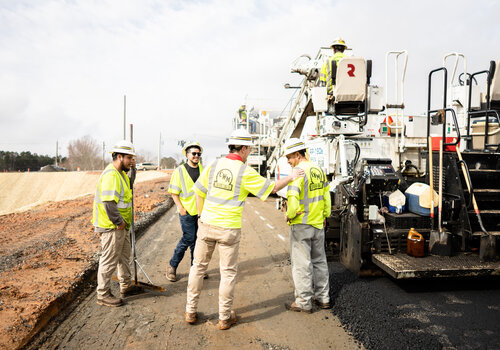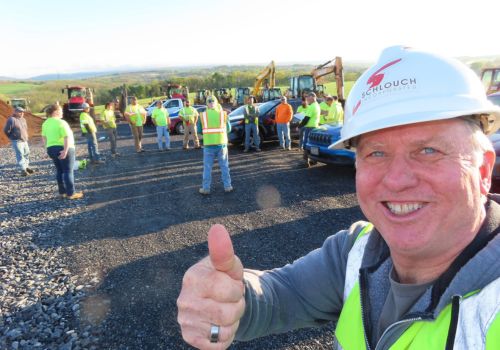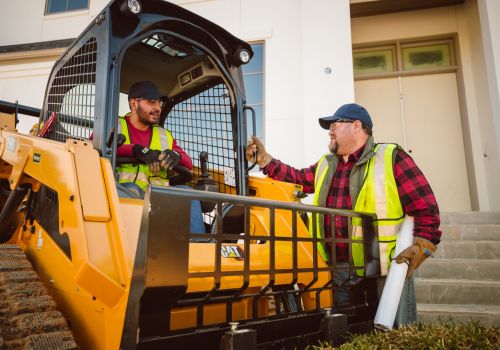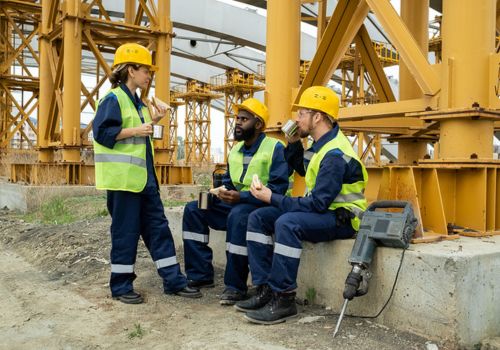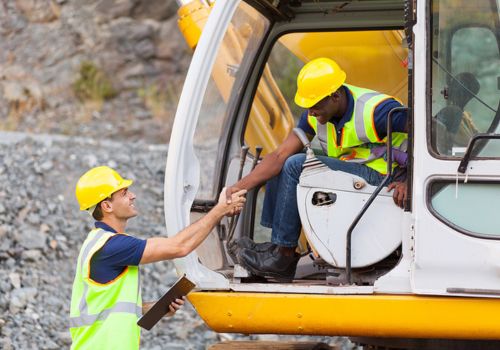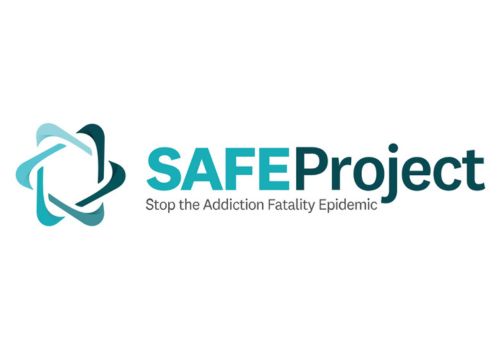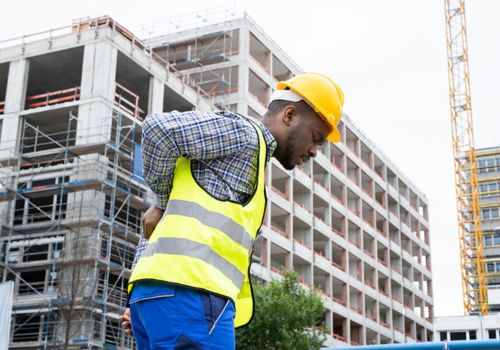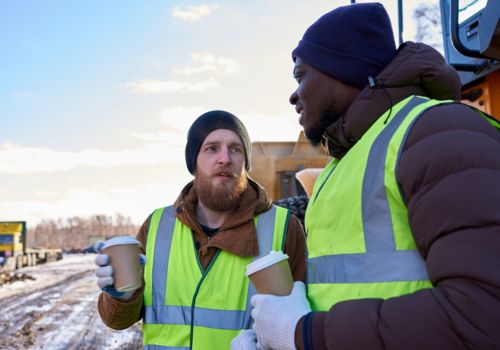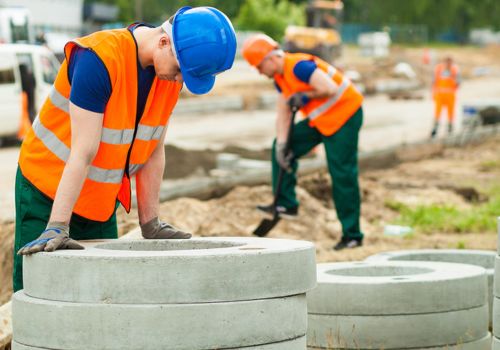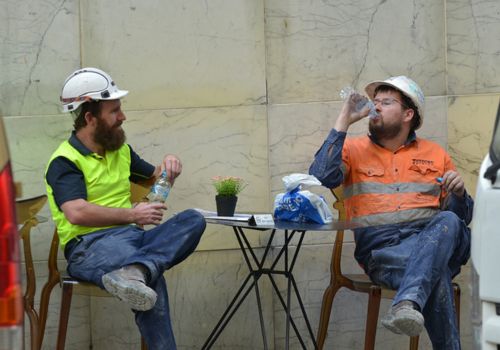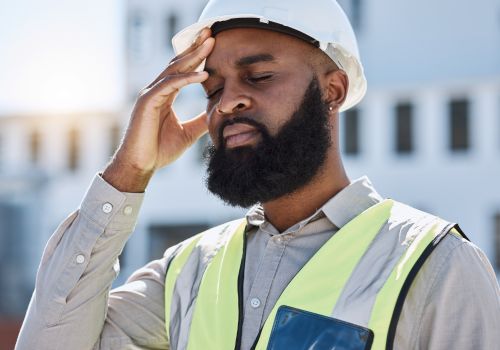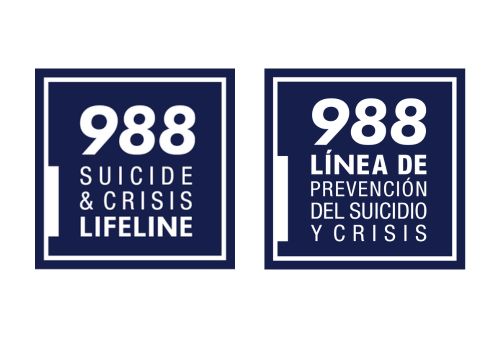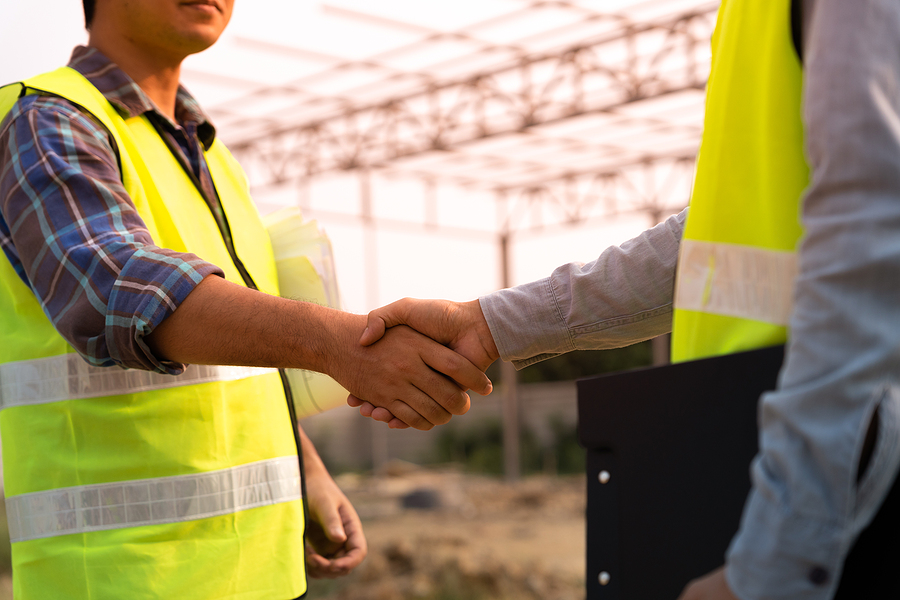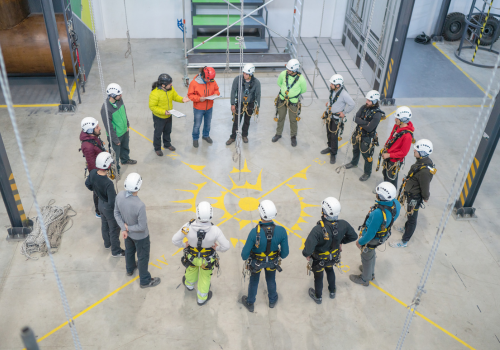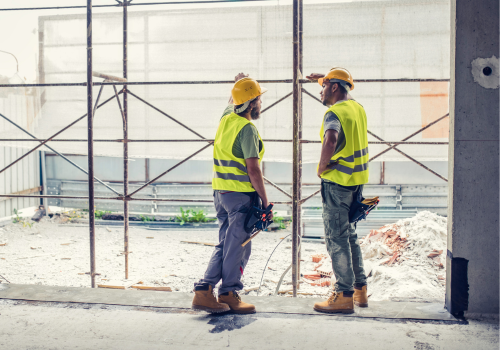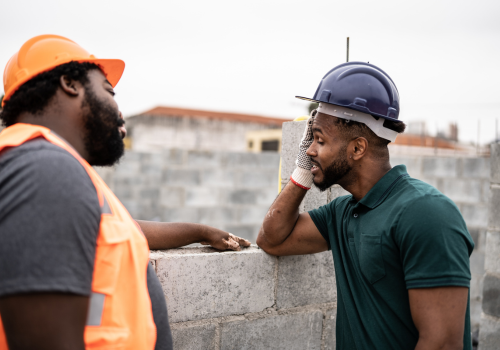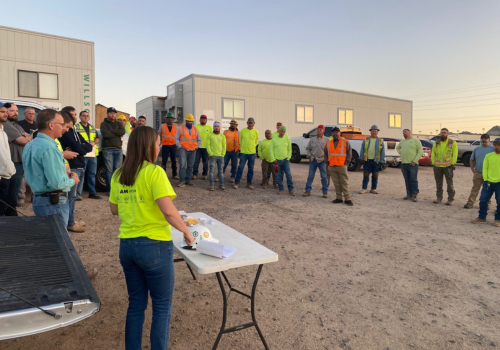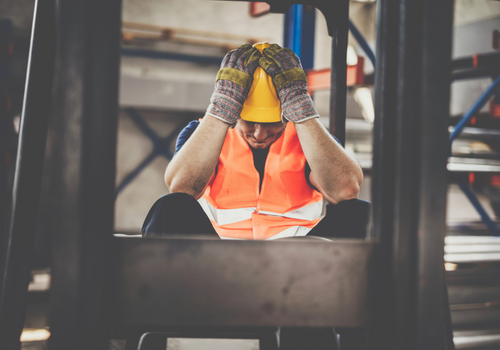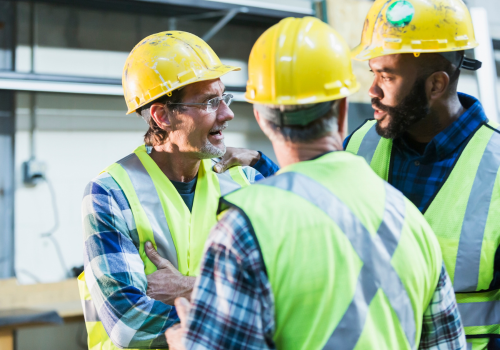Taking Mental Health To The Next Level
It’s crucial that the construction industry changes its approach to mental health. CONEXPO-CON/AGG strives to bring awareness to mental health struggles and actionable resources for you and others struggling with mental wellness.
How I manage the stress of construction
Ryan chats about stress relief and how to achieve a work/life balance and maintain your well-being in an industry that doesn’t always make it easy to sit back and appreciate your achievements. Taylor then asks Ryan to share some of his most memorable “Oh, man” projects, the ones that caused the biggest headaches. Ryan closes the show by sharing what’s up next for him and the business, including some ambitious plans for growth and bringing on the next generation of Priestly Demolition employees.
INDUSTRY NEWS & INSIGHTS
CONEXPO-CON/AGG shares compelling narratives and practical advice from real men and women in the construction industry. Discover actionable tips for better managing your mental health, how to approach conversations with others that are struggling, and how we can all change the approach to mental health in the industry for the better.
Popular topics:
- Understanding mental health struggles
- Exploring the stigma of mental illness in construction
- Recognizing the warning signs of stress and mental health struggles
- Tips and resources for talking about mental health at work
- The importance of supporting your employees’ mental health
JOIN THE COMMUNITY
- Be the first to receive exclusive show offers & discounts
- Receive quarterly updates with top industry articles
- Receive weekly newsletter that 60,000+ industry peers are already subscribe to
Mental Health Resources
Mental Health Awareness Month: Why Mental Health Matters Every Day in Construction
The construction industry is at a pivotal moment with mental wellness becoming a topic more openly discussed by companies of all sizes. By acknowledging the mental health challenges faced by workers and taking proactive steps, companies can create a safer more supportive environment.
January's Mental Wellness Month: Supporting Mental Health in Construction
Focusing on mental wellness isn’t just the right thing to do—it benefits the entire organization. Mentally healthy employees are more productive, safer and more engaged in their work. Reduced stress levels lead to better decision-making and fewer workplace incidents, fostering an overall safer jobsite. By embracing Mental Wellness Month, construction companies can set the foundation for long-term change. Building mental wellness into the industry’s culture creates stronger teams, healthier workers and a brighter future for everyone involved.
A Leader's Role In Promoting Mental Wellness In The Construction Industry
Barry’s journey highlights a vital message: mental wellness needs to be a priority in the construction industry. It’s not just about improving productivity but about genuinely caring for the workforce that builds our world. Leaders must take a proactive approach, advocating for and implementing practices that support mental wellness. The future of the industry depends on its ability to evolve, ensuring that its workers are healthy in mind as well as body.
Mental Health, Workforce Development and Women In Construction Series Recap
The construction industry has long been recognized for its demanding nature, both physically and mentally. In recent years, there has been a growing awareness of the importance of mental health, the inclusion of women, and comprehensive workplace development within the sector. it’s crucial to reflect on the progress made and identify actionable steps to foster a more inclusive and supportive environment for all construction professionals.
6 Coping Techniques For Job Site Mental Well-being
"Positive work conditions, like fair treatment, recognition, meaningful work and social support allow employees to become engaged and thrive at work. These work conditions may enable workers to find value in their lives and reduce the need to self-medicate with alcohol and other drugs,” Chosewood says. “They may also increase the experience of positive emotions, which tend to be associated with increased creativity and a broader perspective on problem-solving that may help develop skills and resources needed to initiate and maintain recovery."
Breaking The Stigma: PTSD In Construction
It’s work that leadership can initiate simply by being open and honest: “It is also impactfully compelling when leaders and peers in the workplace are willing to share their own mental health challenges and successes,” Bob says. “Anyone and everyone can experience traumatic events,” Bob says, “and PTSD is very treatable.”
Flexible Working In Construction For Health & Safety
Josh Ierna is safety manager at Tilcon Connecticut Inc., where the company has implemented NIOSH’s Total Worker Health®. The program aims to protect workers by looking at work conditions broadly and including mental health to approach health and safety with preventative measures.
Breaking The Stigma: Talking About Mental Health In Construction
Now we're at the same place with that next step. We're going to see the same statistics, regardless of the resources we talk about if we just keep running businesses the same exact way in the industry, especially at a time when the labor demand is at all-time highs,” Josh says. “It's not sustainable. Something's got to give here.
Bridging Mental Health And Crisis Management In Construction
It is estimated that 15% of construction workers have a substance use disorder compared to 8.6% of the general U.S. population. While there are differences between substance use disorder and dependency, the two are connected and can affect just about anyone. There is a stigma attached to substance use disorders and mental health, but you can’t always tell by looking at someone what they’re struggling with at home.
How Mental And Physical Health Are Connected
The high rates of substance use disorder and overdose in industries like construction and mining are not an indictment of the workers who take these jobs. Rather, this is an urgent call to identify workplace factors that may contribute to these devastating outcomes and how those may be modified to prevent illness, injury and death and promote employee health and well-being.
Construction Safety Week Supports Mental Health
Construction Safety Week (May 6-10, 2024) is an annual event that brings attention to the critical importance of safety in the construction industry. Traditionally, the focus of Safety Week has been on physical safety—preventing accidents, promoting proper equipment usage and fostering a culture of caution on job sites. However, an often-overlooked aspect of construction safety is the mental well-being of workers.
Building A Healthy Mindset: The Unspoken Challenges Of Mental Health Diversity In Construction
Sometimes there are signs that indicate a person may have depression or suicidal thoughts. However, every person’s risk is different and there are also other mental health concerns that are prevalent in construction: substance use disorder, anxiety and posttraumatic stress disorder (PTSD). In the construction industry, suicide and depression are important topics to understand because construction workers are at a high risk for these mental health conditions.
Encouraging Men To Talk About Mental Health
Off the job site, men die by suicide four times more than women and research confirms what we all know: there’s a stigma with men discussing mental health. Add that on top of the fact that the construction industry is physically and mentally taxing, it sadly makes sense that construction has high rates of suicide. However, the good news is that is changing.
Mental Health Programs Supporting The Construction Industry
There is a clear need for mental health resources in the construction industry—and at all levels. Mental health is connected to physical health and should be we tackle physical safety concerns. Fortunately, there are people in the construction industry who are passionate about helping others
3 Suicide Prevention Techniques For Construction Businesses
Sadly, the construction industry has one of the highest suicide rates in the U.S. This is found at all levels of the industry. Suicide is nuanced and often directly tied to opioid use, but is still a huge issue. The suicide rate in construction is twice that of working men in the U.S.
Tips For How To Support Your Employees’ Mental Health
Kim MacDonald, Founder and CEO of 13 FACTORS For Business Growth, says the best approach to influencing mental health in the workplace has two sides. One focuses on ensuring that individuals are supported when they have a mental health issue or illness. The other is psychological health and safety interventions that consider the risk factors and hazards that are present in the organization.
Addressing Mental Health In Construction
OSHA has developed a webpage dedicated to suicide prevention in the construction industry. The page includes links to resources that help raise suicide awareness, as well as provide tools and tips to help both employers and employees address mental health-related issues. The Construction Industry Alliance for Suicide Prevention also offers effective resources designed to help raise awareness. As this great organization points out, it’s important for each individual construction company to make mental health a focal point.

